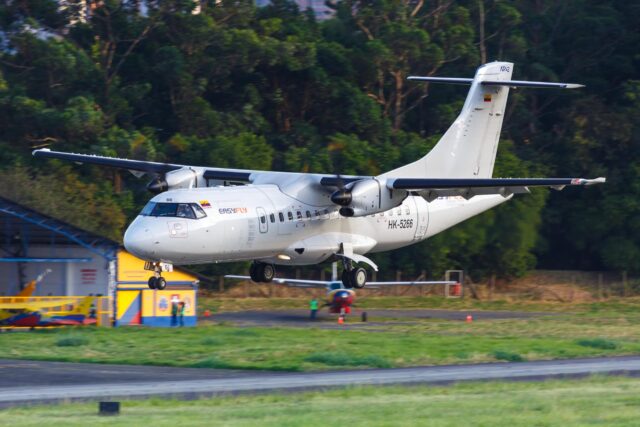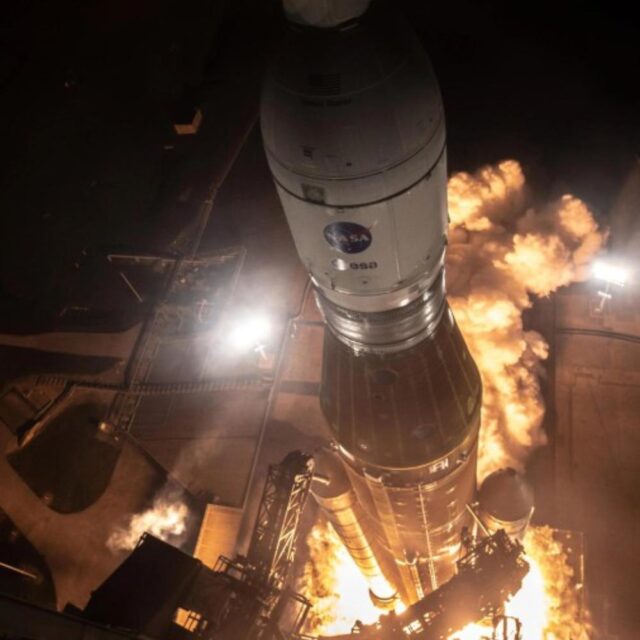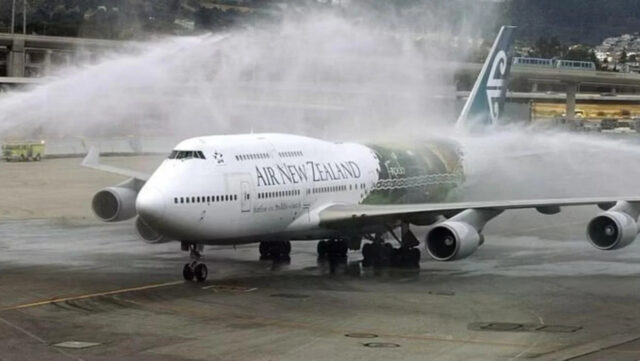FAA’s mandate on drug and alcohol testing met with mixed reactions

December 19, 2024

The US Federal Aviation Administration (FAA) has finalised ruling that requires foreign aviation-repair stations to conduct drug and alcohol testing for employees performing safety-sensitive maintenance functions for US airlines on certain aircraft.
The rule, which will impact around 977 repair stations in 65 countries comes into force from December 2027. It was originally put forward in December 2023 and once in place will require repair stations to send their testing data electronically to USDOT. Waivers can be granted to foreign governments or stations based on their existing testing proposals.
While some have described the move as a critical step in ensuring aviation maintenance personnel, regardless of location, meet the same high standards as their US counterparts, others have voiced concerns over conflicts with international agreements, privacy rights and regulatory burdens.
Closing a safety gap
John Samuelsen, Transport Workers Union president (pictured), applauded the ruling, describing it as a “major victory” as he said, it “closes a major safety gap” identified in countries where drug and alcohol testing for aviation employees isn’t mandated.
“Because the cost of drug and alcohol testing discourages American airlines from farming repair work abroad, it creates an opportunity for more jobs to be done by qualified mechanics in America.”
He added that “American air carriers have shed thousands of aircraft maintenance jobs in recent years and transferred that work to foreign aircraft repair stations. This rule will change that trend, making flying even safer for the travelling public going forward.”
However, some airlines have previously warned that privacy and employment laws in foreign countries could conflict with the FAA’s drug and alcohol testing requirements. The UK, Ireland, Germany, the EU, China and Brazil have all been highlighted as countries where the ruling could conflict with local laws causing implementation challenges.
Human rights laws
Spokespeople from airlines including Air New Zealand, Deutsche Lufthansa, El AL Israel Airlines and Qantas have all raised issues over labour and human rights laws and union policies protecting the privacy rights of employees. They also noted that in countries that already permit some type of drug and alcohol testing, the existing methodologies vary greatly.
According to MOOG, manufacturer of flight controls for commercial and military aircraft in Ireland, Irish law prohibits mandatory workplace drug and alcohol testing and implementing testing could cause controversy. Meanwhile, the UK DfT has described the rules as “unnecessary and disproportionately burdensome with the potential to encroach on UK sovereignty.”
















